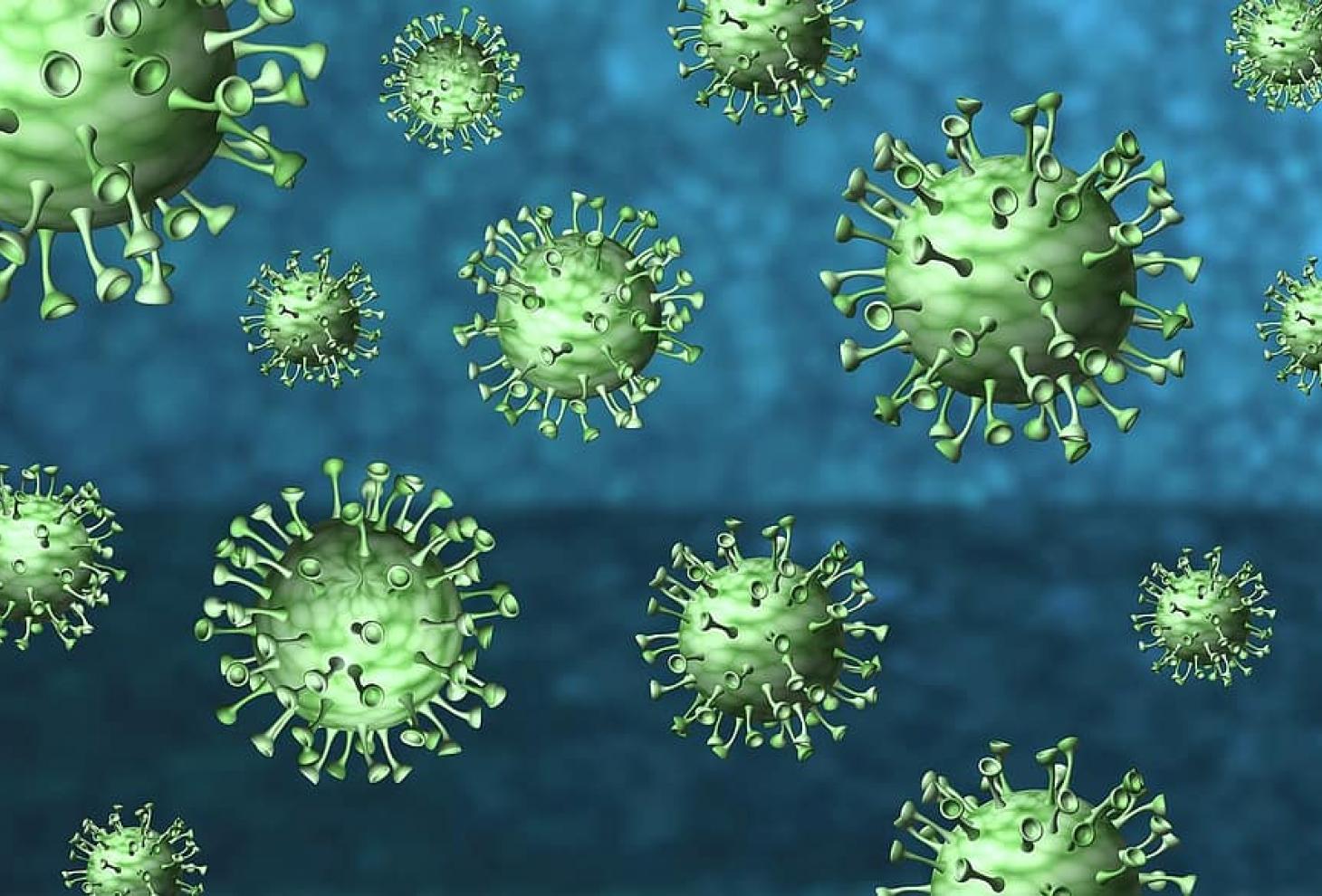In just a few months, a microscopic organism, the coronavirus, has disrupted the lives of some 3 billion people, on all continents (except Antarctica) and in 159 countries around the world, revealing the structural fragility of our model of globalisation and development. It has made tens of thousands of people sick and dead, and deprived millions of citizens of some basic individual freedoms. For many, the hope is for a rapid return to routine, but various analysts paint a more disturbing and long-term picture. The economic and political scenario, social relations, organisation and forms of work seem destined to change profoundly. Essentially for the worse.
Gordon Lichfield, director of Technology Review, a magazine of the Massachusetts Institute of Technology, evokes the emergence of the so-called "shut-in economy", linked to everything that is on demand, that can be ordered from home, that can be used online, and that has no human interaction. Already on the rise before the coronavirus, this shut-in economy will benefit from the inevitable change in our ways of living in cities, working and relating to others, in a very long wave of post-corona panic.
To date, the response of states to the emergency has not been an example of foresight and coordination. We were, to a greater or lesser extent, unprepared. But what will happen when the health emergency is over in a few months' time? In many Western countries, Italy in the lead, it is easy to foresee the explosion of five structural problems: 1) uncontrolled growth of public debt, 2) boom in unemployment, 3) bankruptcy of a huge number of companies, 4) collapse of exports, 5) social chaos (increase in popular discontent, psychological disorders and crime).
The political response to these problems will make the difference. Let us expect the application of a number of measures, some of them bitter and divisive, which should, however, keep our sense of community alive: 1) direct or indirect state control of banks and strategic enterprises, 2) merger and amalgamation of micro-enterprises, 3) extraordinary plan for public works and investments, 4) injection of large amounts of liquidity into the market from deficits or assets, 5) universal emergency income, 6) rethinking international alliances. There are also different recipes, of course, from the militarisation of the state, to the cession of national assets to financial bodies, from more 'creative' monetary theories to the application of radical forms of regionalism, isolation and opposition between social blocs. These options may prevail, we shall see.
Fortunately, there is a possible way out of such drastic and unknown changes. And it is called a vaccine, to the rapid development of which the most advanced digital technologies such as Big Data and Artificial Intelligence are contributing. If a cure were announced, available and usable by the end of the year, we would have the strength to leave this period behind with renewed enthusiasm. After that, it will be time to reflect on what has happened and put into practice what we have learned from this crisis: massive plans for the environment and technological innovation, public investment in public health, major plans for emergencies, greater awareness of self, others and solidarity, the ability to distinguish real fears from those induced by politics and the media, protection of scientific information, distancing ourselves from fake news, conspiracies and anti-scientific thinking. Vast programmes...
Armando Martin








